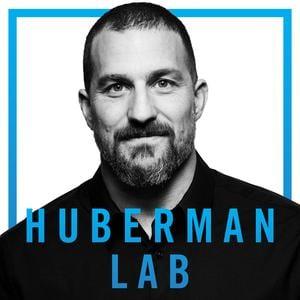
In this episode of “The Tim Ferris Show,” Tim interviews Dr. Gül Dölen, a pioneer in psychedelics research at Johns Hopkins University School of Medicine. They discuss the new applications of psychedelics in medicine, including their potential in treating autism, stroke, and allergies. Dr. Dölen shares her insights on the neurobiology of beginner’s mind, the role of psychedelics in reopening critical periods, and the master key of metaplasticity.
Dr. Gül Dölen discusses the new applications of psychedelics in medicine, highlighting their potential in treating autism, stroke, and allergies. She explains the neurobiological process of theory of mind, which is important for consciousness and social interaction. People with autism may struggle with theory of mind, while psychopaths may have better than average theory of mind and use it to manipulate others.
Critical periods are periods of time when animals are extremely sensitive to their environment and can form long-lasting memories. Understanding critical periods is crucial for treating brain disorders in adults, as the brain becomes less flexible over time. Psychedelics may act as a master key for unlocking different critical periods, such as touch, motor, and visual critical periods. They may have potential therapeutic uses for conditions like autism, stroke, and allergies, in addition to mental health issues.
Metaplasticity is the ability to induce plasticity that can change over time. Psychedelics enable metaplasticity, which can reopen critical periods. Understanding the mechanisms of metaplasticity could lead to finding ways to reopen critical periods for therapeutic benefit. This discovery has the potential to revolutionize the field of mental health and provide new treatment options for a range of disorders.
Dr. Gül Dölen’s research on psychedelics opens up new possibilities for their use in medicine. The potential benefits of psychedelics in treating autism, stroke, and allergies, as well as their role in reopening critical periods, are promising. Further research and funding are needed to fully understand the potential benefits and risks of psychedelics. The master key of metaplasticity could unlock new treatment options and revolutionize the field of mental health.